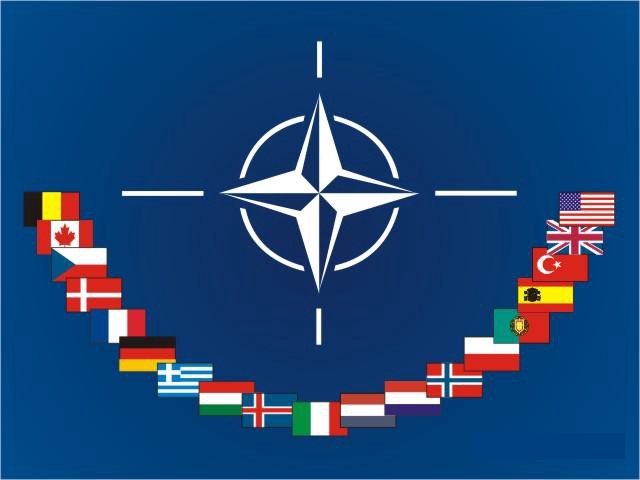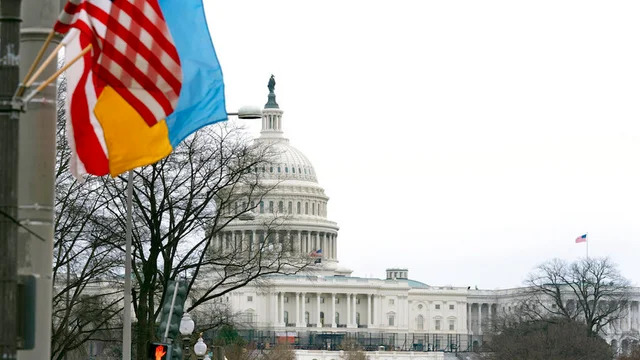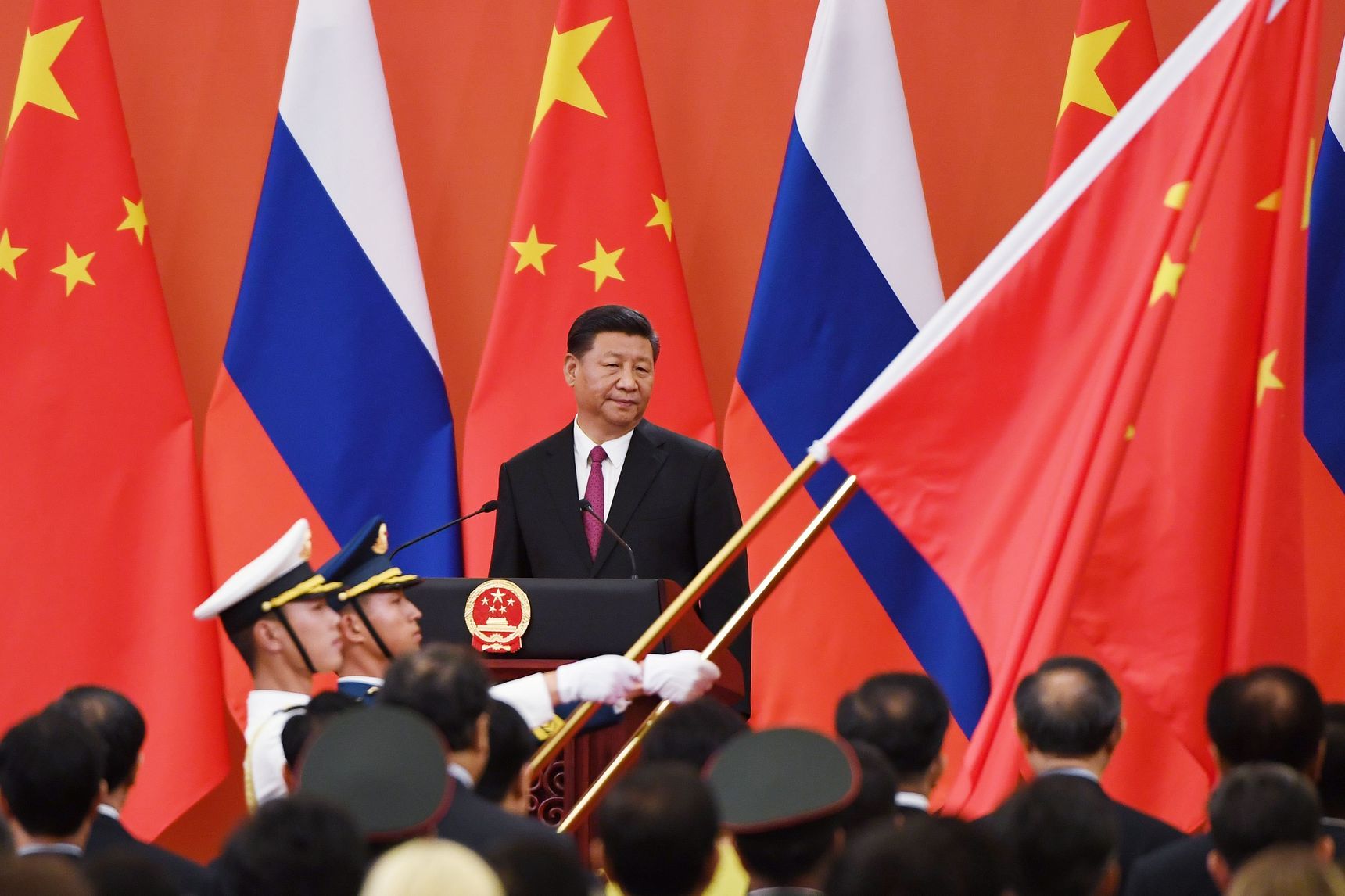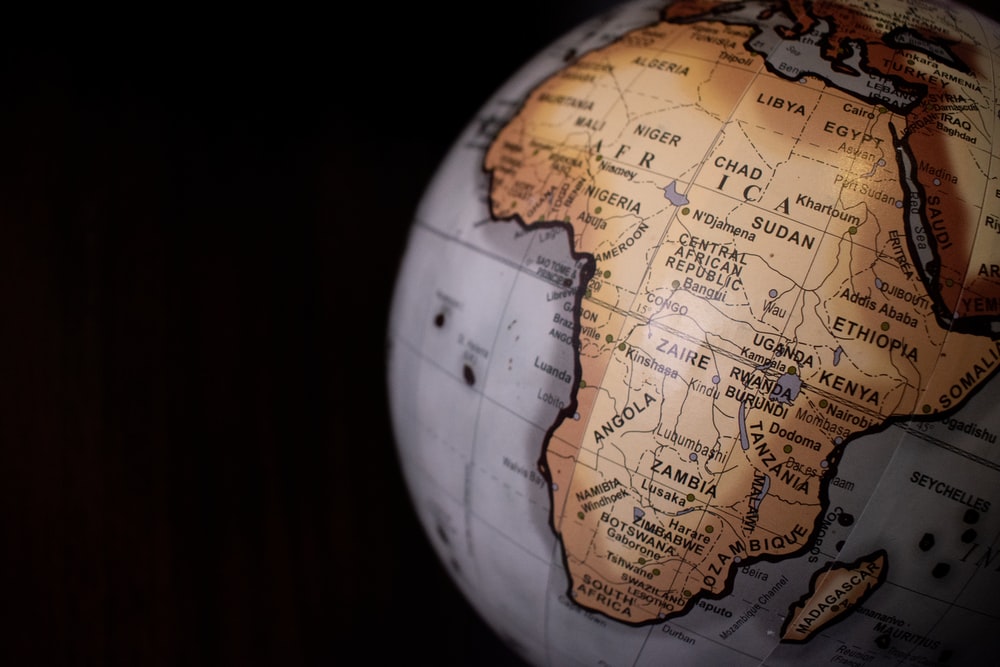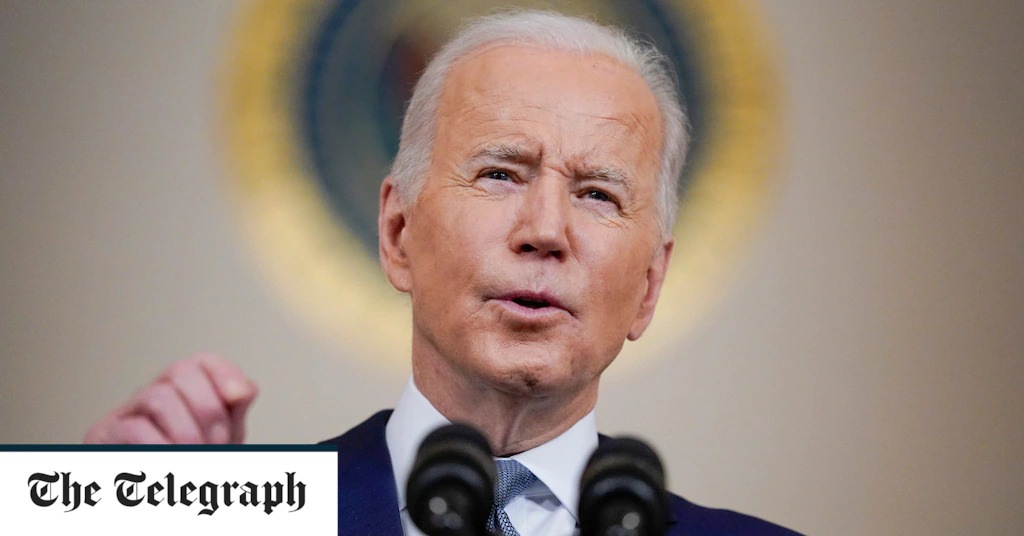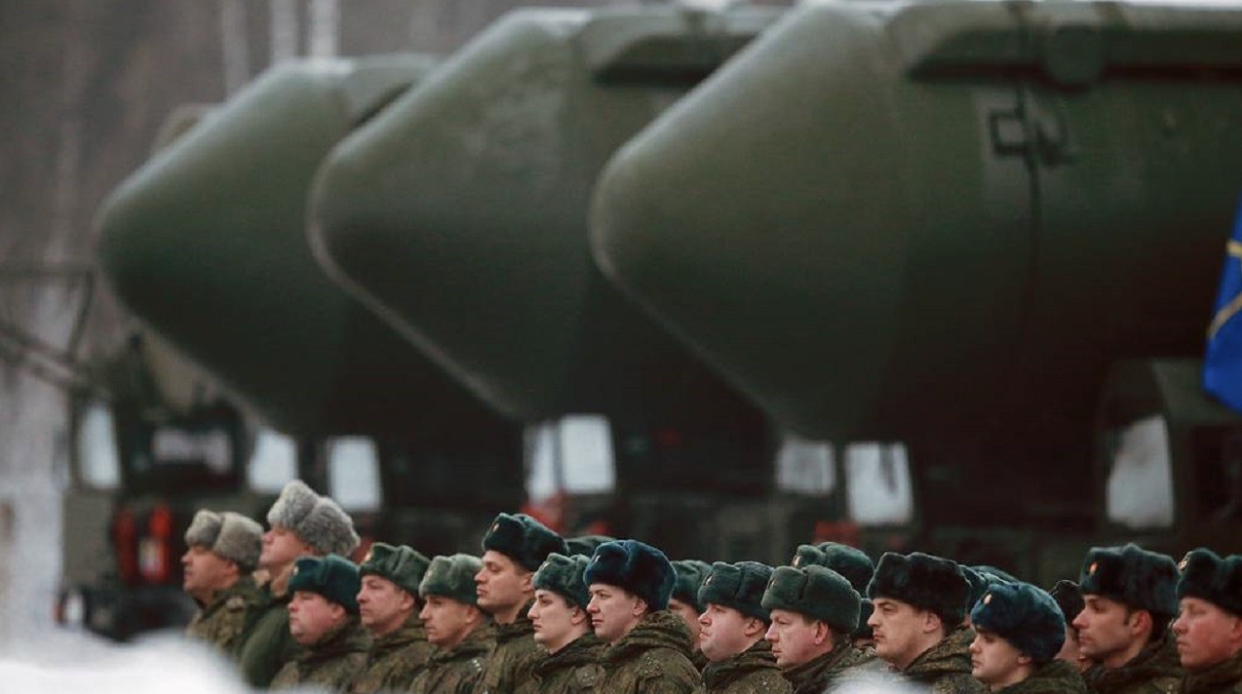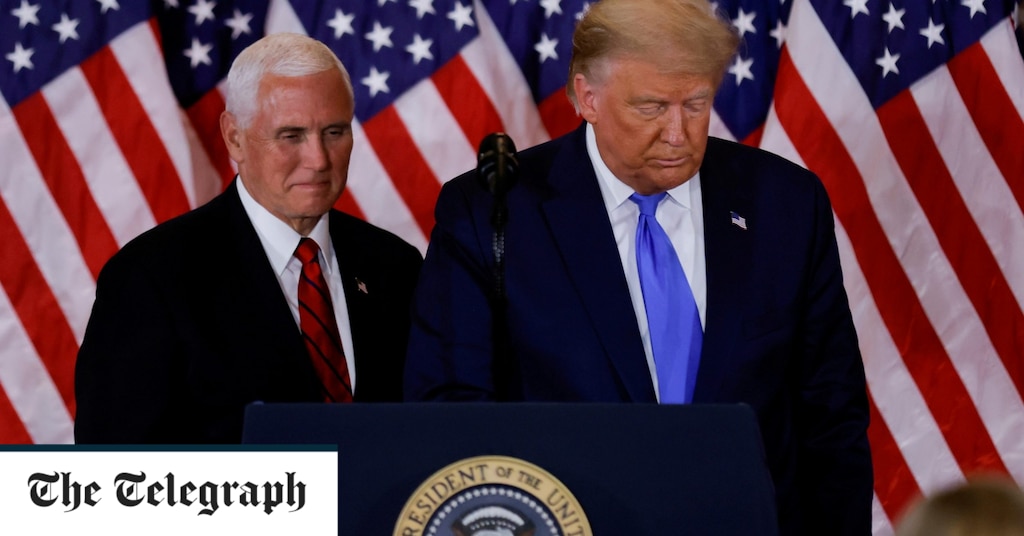As yet, it is barely perceptible, but with each day it is becoming more apparent that only a week into a globe-shaping crisis, we are seeing the first signs of a new phase.
It is clear that the United States is not whole-heartedly engaged and is lagging far behind its European allies in showing resolve. For example, while the EU has sanctioned 490 entities as of March 3, and Switzerland 371, the United States has only sanctioned 118. Moreover, leaks from the administration show signs of faltering rather than steeling will. Articles are appearing in elite Western papers, such as the New York Times, which only a week ago led the charge into confrontation, already laying out intellectual paths to backing off and yielding to Putin. In conversations in the last 24 hours with people in the bordering lands north of Russia, from what I gather the populations of the Baltic states are beginning to assess that they are next in Putin’s plans, but that they will not be saved by NATO despite all the talk and commitments. As a result, in the last 24 hours, there has been a drop in the hitherto lava-hot housing market in all those lands, and we are even seeing the first signs of an exodus from them. Population movements are among the best indicators of what people really think since they are voting with their feet at the cost of great disruption. In this case, they are voting on their appreciation as to whether the US – as the only genuine leader that can pilot the Western world — will go the distance on this and draw the hard border on Putin to stop the slide at and within Ukraine and no further, or whether the United States will back off after the initial hoopla, which will then set everyone up for Putin’s next thrust of which those closest to Russia will pay first and hardest.
Israel, the UAE and the Saudis are on the other end of this rising Eurasian power and face off against one of its most important allies, Iran. While the West demands fealty on Ukraine, all are deeply fearful that if they go blazing in, they will be picking a fight with a colossus and be left alone holding the bag. Arab nations and Israel just do not have faith yet that the US is genuinely changed, is now serious and has effectively begun mobilizing for the long haul. The emerging Iran deal, in fact, tells them the opposite.
There also appears as yet to be no appreciation in the West as to how great and disruptive sanctions will have to become to genuinely sever Russia and isolate its economy – which is one of the first steps as the globe enters another Cold War. There is no way to do this but to also sever the West from China, since Beijing will cut out banks that commit to the sanctions, and others that won’t. For example, Chinese banks can just hide and transfer monies internally between the two, therein positioning China as a money-laundering superpower on a scale never before seen. At this point, our elites are hesitant on truly isolating Russia, and thus are hardly in a position to really draw the line on China too.
In fact, we are not even willing to disrupt our dependence on Russian oil and gas. The White House, via its spokesperson, Jen Psaki, has made that clear a dozen times over the week since the invasion of Ukraine. As a whole Germany is more serious, as are several other European nations. For this they are to be commended. And yet, in the end, even Germany is willing to suspend NordStream2, which was not going to truly come on line until next winter. In other words, it took a stand for which payment is expected to come due only after Ukraine falls or wins. In contrast, Germany allows NordStream to continue to flow. Again, Germany and some of its European allies are still to be given credit for what it has done, but we should be sober. The sanctions all Western nations have imposed on Russia via SWIFT structures are riddled with holes because of this continued trade.
If we are really not willing to wean ourselves off Russian gas and oil, then it is unlikely that we will be willing to do so on everything else. Once Ukraine settles into a festering mess (it will never be truly subjugated by Russia, even if the Ukrainian army dissolves as a coherent conventional fighting force, which is itself not even certain), we will begin to feel the full effects of severed economic ties to Russia — the consequences of which (devastated supply chains, for example) we really have not thought through, and certainly not felt, yet.
In general, at this moment, when suddenly things really matter and everything becomes deadly serious, there seems to be a verdict on the reckoning of the US foreign policy establishment and of its uninspiring record of missteps, delusions, inconsistencies and lapses since the end of the Cold War. Indeed, despite the unveiling by Putin of a chilling manifesto last summer, US diplomats, indeed our Under Secretary of State for Policy, Victoria Nuland, this last October traveled to Moscow and left the impression that we were distancing ourselves from Ukraine, and even reprimanding it for its resolute interpretation of the 2014 Minsk Agreement. For a leader like Putin, who outlined last summer a dangerous imperial vision, that was like throwing steak to a tiger. He understood this as weakness and an invitation to invasion. A seasoned official like Nuland should have understood, given the troubling evolution of Putin’s thinking as unveiled over the last half decade, that whatever diplomatic nicety or polite deference she expressed, and any light she showed between the United States and Ukraine, would be met by man who brags about physically subjugating tigers and bears as weakness, not refinement.
Thus, as Ukraine fights for its freedom, its identity and its survival, nations around the world and their peoples will settle into a hedging pattern until they are convinced the US has it in it to go the distance here linearly and decisively, rather than in a partial, waivering and hesitant process, the consequences of which are that many closest to the fire will pay a horrific price until the US finally comes around clearly and determinedly.
Sadly, the problem is not just the shortcomings of the Biden team. If it was, then we could just fix it by changing leaders. The problem is far deeper. It is, in fact, a civilizational reckoning. People are beginning to take note of the speeches and writings of Putin and his clique of intellectuals – teaching us once again that we are ill served us when we ignore the earnest nature of what others with ambition say. And yet, while people are beginning to realize the expanse of the challenge he poses, there is little discussion of the magnitude. The geographic parameters of Putin’s ambitions are coming into focus, but still ignored is his civilization critique of the West and his grandiose solution, which in the end is a far more dangerous assault than any real estate. He believes the rise of Western freedom has corrupted Christianity, and that his Eurasian fantasy is the salvation of European civilization. Along the way, he has no need for the small and weak, all of whom should be retuned to the strong and bog as minions.
In as far as Putin judges the flaws of Western civilization (as distinct from his grandiose answer), it is important the West appreciates that there may be part of this critique which demands serious introspection on our part. Indeed, there is a common thread uniting Hitler, Japan, the Soviet Union, Khomeini, and bin-Ladin with Putin: they all believed that the West was a soul-less, corrupted civilization that confronted with strong will can be swept aside as easily as breezes scatter dust on a floor. While Hitler and Japan were buried decisively and immediately when a relentless America obliterated both their armies and their ideas, continental European powers and elites had until that point failed and were in fact swept aside.
It bears consideration as to why that was so. European elites, led by failing aristocracies, had become a pessimistic lot that had traded the souls of their national identity for an increasingly performative but ultimately hollow rising set of international ideas and institutions. In the end, those elites never really internalized that they were part of their nations or accepted the passing of the baton of defining “legitimate” culture to their whole populations. They thus increasingly distanced themselves from their own people, whom they believed had rejected their inherently superior status. The elites, led by a dying aristocratic class, felt jilted. Hitler gauged that Europe’s elites simply could no longer tap into and leverage their nation’s cultures for power, and thus with utter disdain he played upon the elites’ resulting impotence, internally and externally. His appreciation of the continent was correct, and despite Germany’s initial weakness and his personally tenuous grip on power, it fell to him within half of a decade. He then leveraged this as a parade of Western retreats not only to destroy, but to humiliate along the way, his internal doubters.
And yet, America was different, and its elites at that time were still products of the culture and its informing ideas that all Americans shared. Thus, when either Hitler or the Japanese imperial leadership slammed against America, it slammed against an insurmountable tide of power. It took a still confident America a bit longer to lead the world to devastate the Soviet Union, but win it did in the end. Still, there were some warning signs along the way as elites in the 1970s increasingly began to resemble the elites of their trans-Atlantic allies who lacked civilizational confidence and instead of confidently tapping the sinews of power of their own cultures, increasingly invested in international structures, institutions and norms to codify inertia – or which they hoped would at least — and hide their fading self-confidence.
Reading Putin and his intellectuals for years, it is this question which most animates him. The imperial expansion of geography is the aim, but his imagination that he can realize his ambitions emerge from his appreciation of the rot and corruption of the West, which he fingers as emanating from freedom itself rather than from the Western elites’ abandonment (rather than embrace) of their cultural identity and soul. For Putin, the West is a desert of nobody people, but the new Russia is a land of faith and a soul. His substance will vanquish our emptiness. In this civilizational challenge, Putin follows in the footsteps of the Hitlers, Ishiwara Kanjis, Mussolinis, Stalins, Nassers, Che Guevaras, Maos, Xis, Khomeiinis and bin-Ladins.
So where is America today as we enter the next great challenge? Do people outside America measure us as a rising confident civilization with a strong sense of who we are? Or do our urban and foreign policy elites — which after all is what is most visible to the outside, not the patriot with a pickup truck sitting in a diner in Fargo with a gun rack on the back window — either act with deep pessimism as if either we assume our own decline or behave as if we are a nobody people (no soul, no faith, no history, no identity)?
Putin, and for that matter Xi, ISIS, al Qaida, Iran too, measured us up as deficient. The real question, the answer to which will determine how far and fast the world will mobilize around the new order — which is not yet clearly either a cold war or a world war, but which is rapidly approaching somewhere on that level of seriousness — is whether people eventually see Putin’s, Xi’s, bin-Ladin’s and Khomeini’s assessment as the better bet or not.
Ukraine is an opportunity, not only a bellwether, in this regard. Putin views core elements of the West’s foundations with disdain. Our response to the Ukraine crisis ultimately must be a reassertion of our confidence as a civilization and the values (that unique combination of Greek, Roman, Judeo-Christian, Renaissance and early Enlightenment foundations) upon which it is grounded, not a specific policy or action.
The first signs are the American people are beginning to appreciate the true civilizational nature of this challenge. But our political elites face a reckoning. For many decades so far, they have failed us. Will our foreign policy be based on the platform of our culture and values, or on a ratatouille of academic theories, reactive scrambling and shifting values based on diplomatic expediency?
